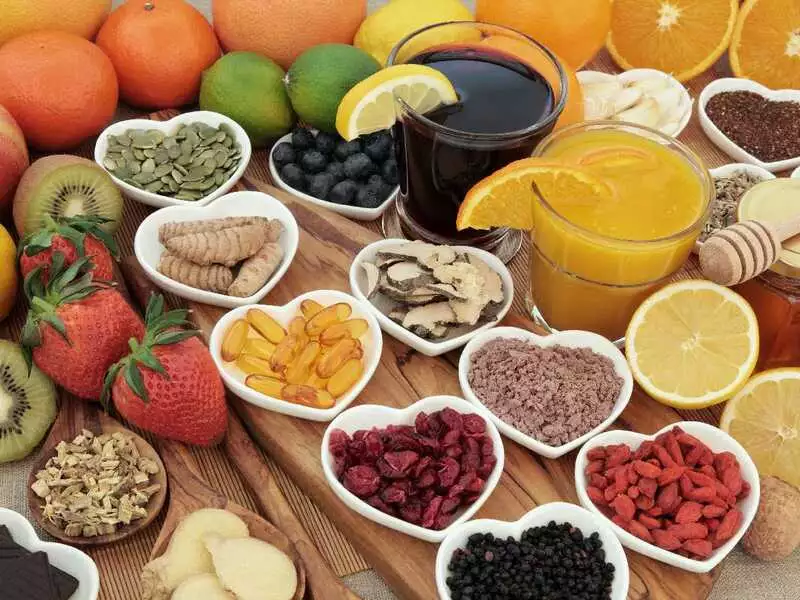The increasing popularity of organic living and being fit is spreading the idea of healthy eating. Along with this idea, the popularity of diets with better health outcomes is increasing. One such idea is veganism, understood not only as a diet devoid of zoonotic products, but also as a lifestyle. Like any diet, in order to be safe, veganism must be properly balanced and adapted to the body's needs. So far, no contraindications to this type of diet have been found, and it has even been shown to have a preventive effect in certain diseases.
Veganism, as a concept, has its origins in the 1940s, when it was first used by Donald Watson. He was the founder of The Vegan Society, which was established in the UK. Initially, it referred to a way of life that aimed to reduce, or completely exclude if possible, cruelty to animals. Meanwhile, the following years also brought other aspects of the sense of following a vegan diet, namely environmental and health motives also emerged. [1]
What is veganism?
According to the definition of the Polish Language Dictionary, veganism is: "a way of eating that involves the exclusion of animal products from the diet."[2] Vegans are therefore people who do not consume any animal products in their diet. Moreover, veganism is not only a diet, but also a lifestyle. Thus, vegans do not use any products whose 'donors' are animals. Examples of this include leather or fur. [3]
Veganism versus vegetarianism
Vegetarianism is defined by the Dictionary of the Polish Language as "a way of eating that consists in excluding meat, fish and all or only some animal products from the diet." [5] However, vegetarians themselves vary. Depending on their motivation and their individual understanding of the concept of vegetarianism, some do not eat eggs, others fish, and still others consider honey to be a product of animal origin. [6]
Polish Vegan Association
Founded in 2014, this relatively young association aims to promote the idea of a vegan diet as ethical, ecological and yet just as balanced as a diet containing animal products.

photo: shutterstock
Being fit, being eco. These are increasingly fashionable words in our language and are increasingly being promoted and implemented into lifestyles. More and more publications are appearing on the value of plant-based products, recipes, as well as information on ecology and a healthy lifestyle as one that does not require the use of animal products. Nevertheless, the idea has as many supporters as opponents, who come up with counter-arguments, concerns and scepticism about such a lifestyle and diet.
Substitution of products
Switching to a vegan diet in the initial stages can seem extremely difficult. However, food manufacturers have come out to meet the expectations of vegans, as there are many products available on the market today that do not contain animal-derived substances. An example of this is milk, which today can be found on the shelves in many different varieties: rice milk, soya milk, nut milk, coconut milk or oat milk. What is more, we can also obtain this type of product well on our own.
Eggs are another product that should be eliminated from the diet. Depending on the form in which they are to be used, they can be replaced by flaxseed, potato flour or corn flour, for example, if we want our soya cutlets to stick together.
Tofu, is a substitute for white cheese, which can be used successfully in dumplings or pancakes.
Ice cream - why not bananas? By blending frozen bananas, you can add toppings as desired.
The above examples are just some of the many available. There are many recipes and tips that can be used in a vegan diet.









